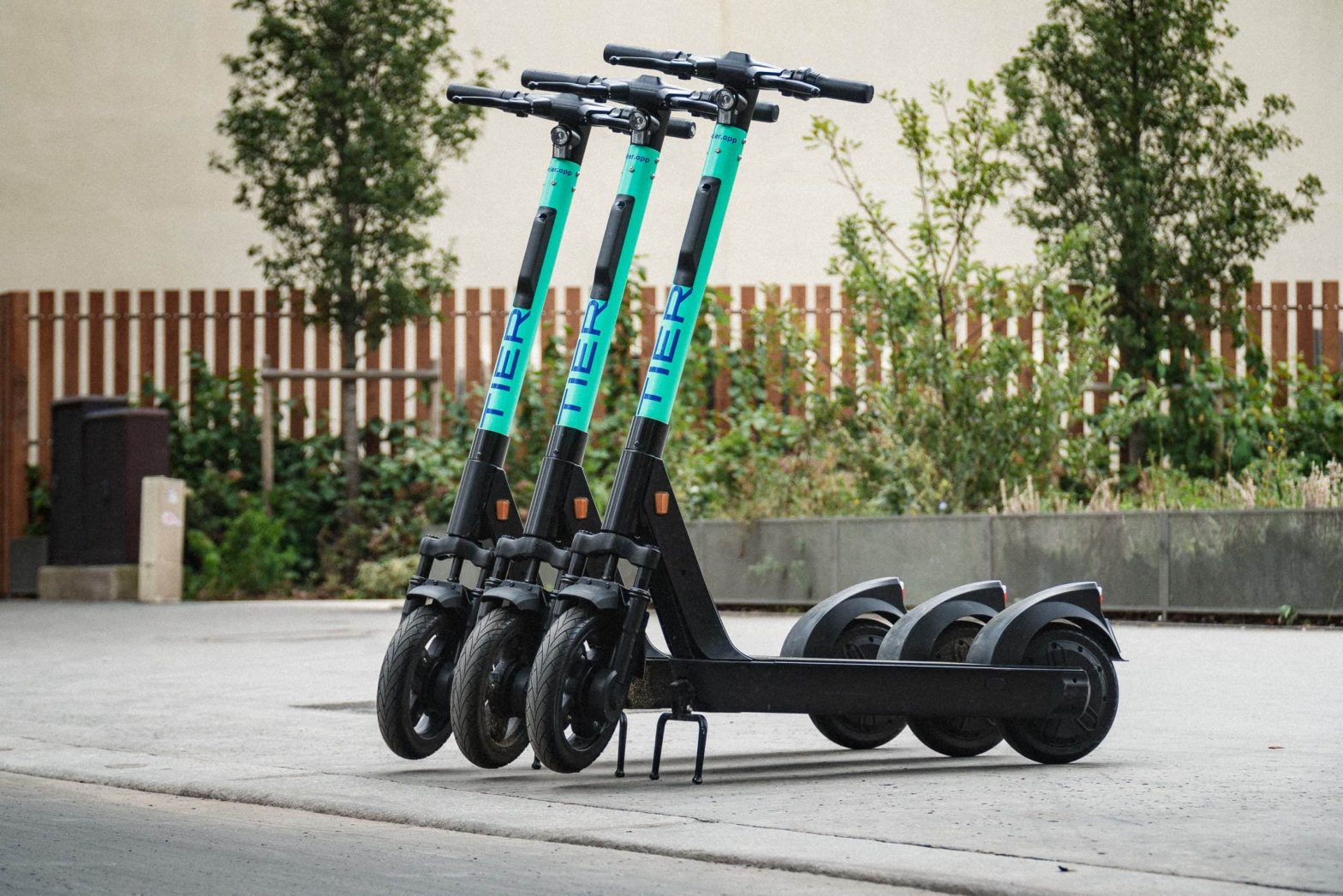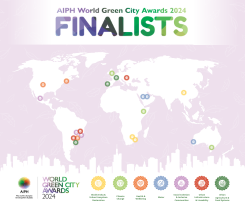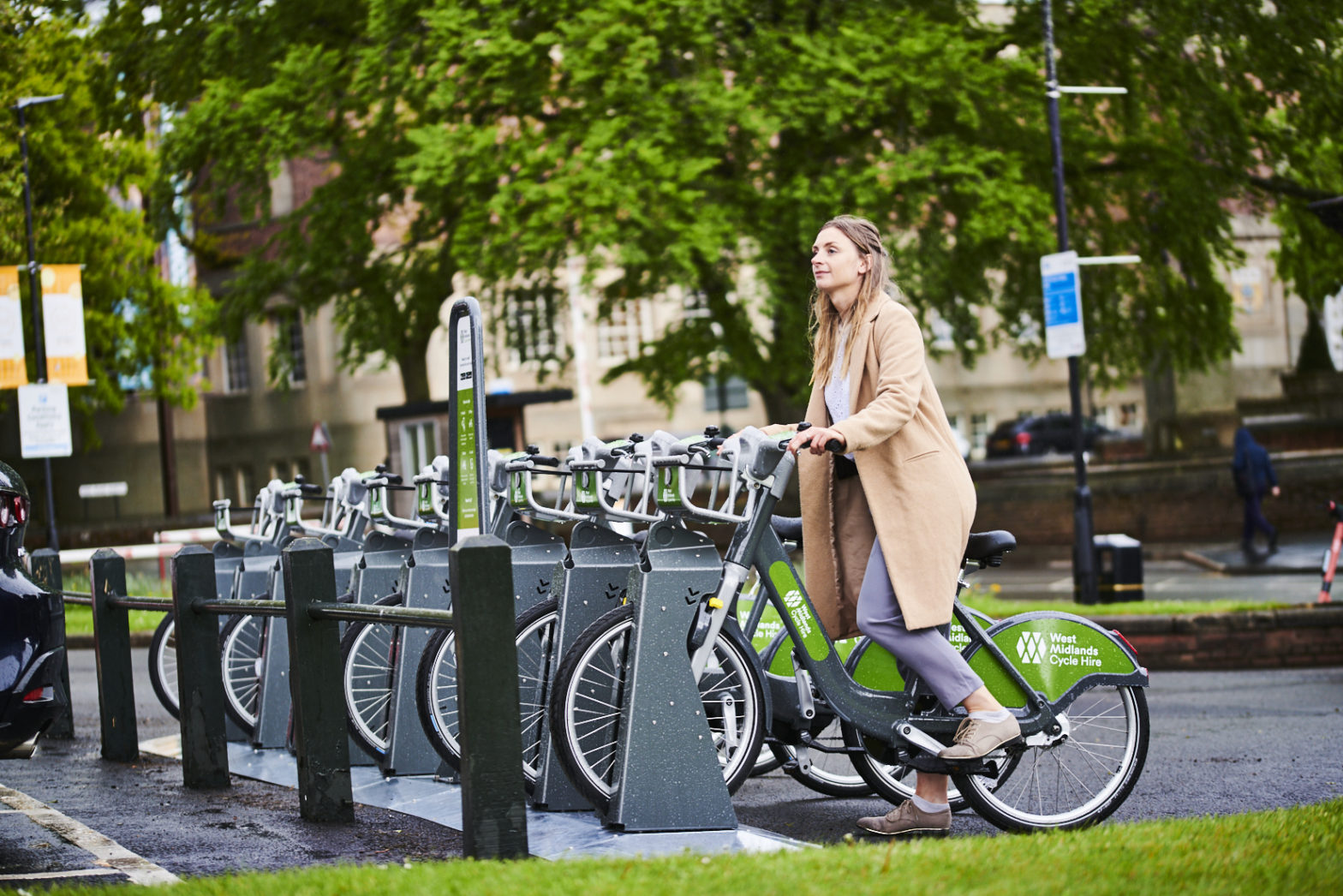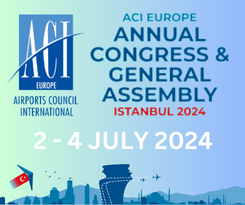
Photo: TIER
Free rides and street events mark World Car-Free Day
21 September 2021
by Christopher Carey
From free e-scooter and public transport rides to public awareness events, city mobility leaders and companies are deploying a range of tactics to promote World Car-Free Day, which takes place on 22 September.
German e-scooter firm TIER Mobility will offer up to one million free trips for new riders this week to promote car-free travel.
Riders can use an activation code to waive unlocking fees and get a 20-minute free e-scooter trip in any of the 140 European cities the firm currently operates in.
“Car-free days are a massive opportunity for cities to realise how much pollution affects our lives and highlight how congested roads can be used in different ways,” said Ailin Huang, Head of Sustainability at TIER.
“Most cities have been designed around mobility for cars, and it is high time we change this and start designing cities around human mobility.”
Swedish micromobility company Voi is also encouraging car-free travel by offering a £3 (US$4.11) credit to new UK users.
Along with TIER, the firm is sponsoring a World Car-Free Day summit in London on 22 September that brings together local community groups, businesses and stakeholders to discuss how to improve mobility in the UK capital.
Going car-free
Multiple cities globally are planning to restrict car use in some capacity this week to highlight the benefits of sustainable travel on people’s wellbeing and the environment.
Pedestrians and cyclists flocked to Paris’ iconic Champs-Élysées on Sunday as part of the city’s annual car-free day, named ‘Journée Paris Respire’ or ‘Paris Breathes Day’.
The majority of the city’s streets were closed for cars, with only buses, emergency vehicles and taxis allowed to operate.
Paris Mayor Anne Hidalgo – who last week announced her candidacy for the upcoming French Presidential election – has championed the expansion of sustainable travel initiatives in recent years, expanding the city’s bike lane network significantly during the pandemic.
In Brussels, an 86 percent drop in NO2 levels was registered at one metro station after the city closed streets to cars on Sunday.
Climate NGO Brussels Environment found concentrations of NO and NO2 fell by 82 percent and 86 percent respectively at the Arts-Loi metro station – one of the city’s busiest intersections – when compared to an average Sunday.
The drop was even more pronounced when compared to an average weekday, with NO and NO2 concentrations 92 percent and 91 percent lower, according to findings.
Cincinnati
To celebrate its first World Car-Free Day, Cincinnati’s Go Metro will offer free bus rides and paratransit services to all passengers on 22 September.
Along with free trips all day, the city will also host a public event in Fountain Square which aims to boost awareness of sustainable transport in a fun environment, with food and entertainment provided for the public, along with prizes and giveaways.
“Metro is excited to join communities across the globe in shining a light on the importance of decreasing individuals’ reliance on cars and celebrating alternative modes of getting where they need to go,” said Go Metro CEO Darryl Haley.
“With the recent rollout of our far-reaching Reinventing Metro service improvements, we’re working to make it easier than ever to enjoy the many benefits of public transit whether you choose to ride for environmental, cost savings or convenience purposes.”
People living or working in Greater Cincinnati can also take a Car Free Cincy Pledge until 25 September and register to win prizes.
European Mobility Week
Car-free alternatives are also on the agenda at major industry events this week.
The EU’s flagship campaign to raise awareness on sustainable urban mobility – European Mobility Week – is currently underway, with around 3,000 towns and cities from approximately 50 countries participating in events around this year’s theme: ‘Safe and healthy with sustainable mobility’.
Cities will host events aimed at giving people the opportunity to explore the role of mobility in their daily lives by experimenting with clean transport modes.
Projects include:
- The Hague (Netherlands) collecting and repairing old and abandoned bicycles found in the city, and donating them to low-income residents.
- Trelleborg (Sweden) organising an exhibition on electric and hydrogen cars, and electric bicycles.
- Bremen (Germany) transforming several car parking spaces into parklets – areas where local residents can meet to socialise, play sports, or discuss urban mobility. The city will also organise a film night ride, where a cinema screen is transported around the city by cargo bicycle, stopping in different locations to screen films highlighting this year’s theme.
- Alicante (Spain) will set up bicycle repair stations across the city, and organise a number of activities to promote safe cycling.
This year marks the 20th anniversary of the campaign, and organisers are hosting a virtual museum which showcases its history and the wider links to the European Commission’s sustainability priorities, such as the EU Green Deal.
EU Transport Commissioner Adina Vălean said: “A clean, smart and resilient transport system is at the core of our economies and central to people’s lives. This is why, on the 20th anniversary of the European Mobility Week, I am proud of the 3,000 cities across Europe and beyond for showcasing how safe and sustainable transport options help our communities to stay connected during these challenging times.”
Climate Week
In the US, New York City is hosting its annual Climate Week (20-26 September) which focuses on fulfilling and increasing commitments made by businesses, governments, and organisations on reducing emissions.
Organised by international non-profit the Climate Group in conjunction with the United Nations, and in partnership with the COP26 and the City of New York, the event coincides with the start of the 76th session of the United Nations General Assembly.
The latter is seen as a precursor to the COP26, which will be held in Glasgow from 1-12 November, where countries will be asked to commit to ambitious 2030 emissions reductions targets that align with reaching net zero carbon emissions by 2050.
Image: TIER Mobility











